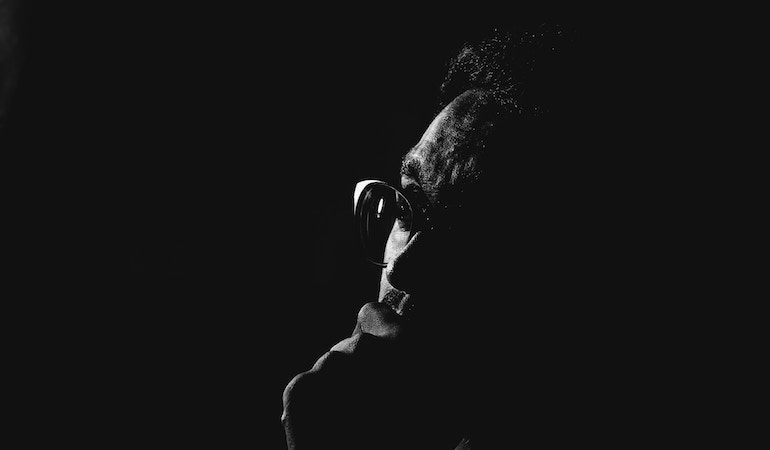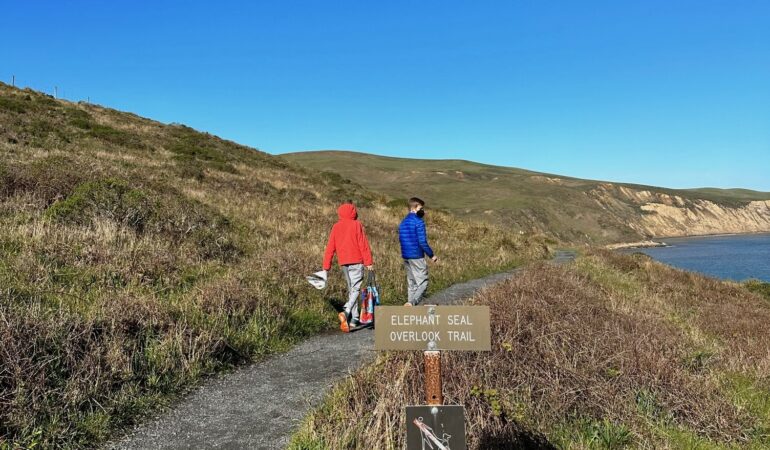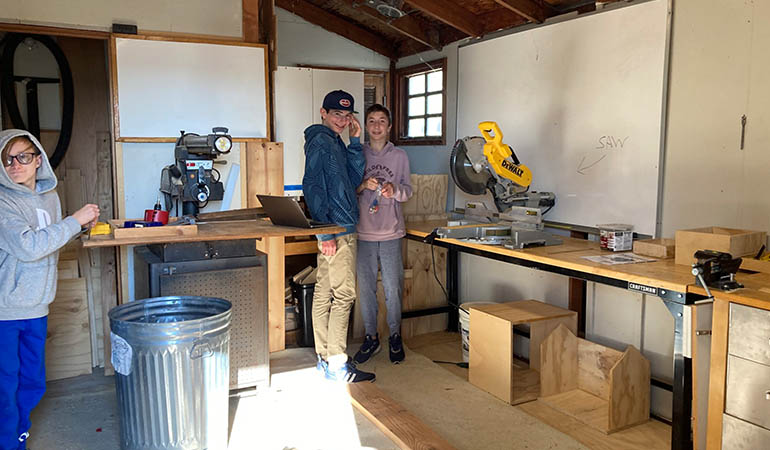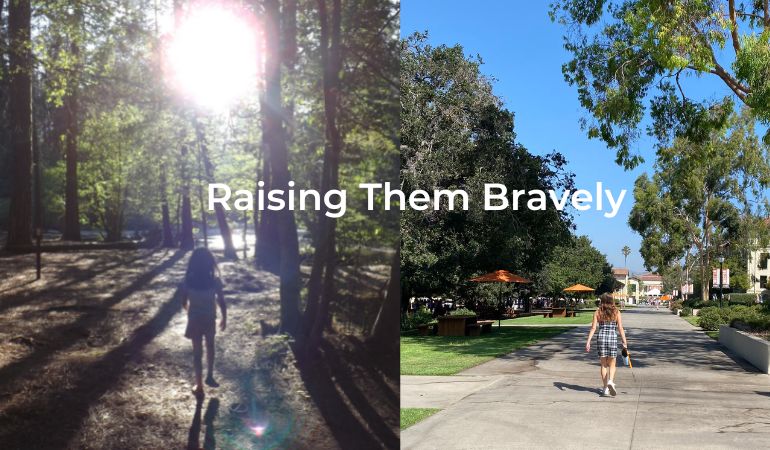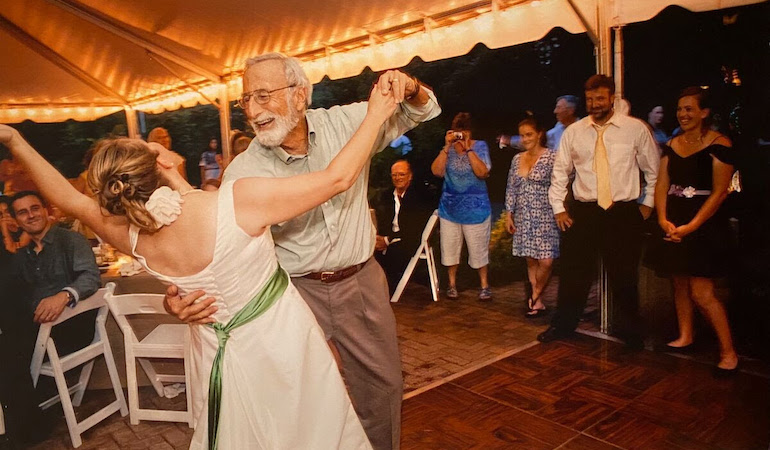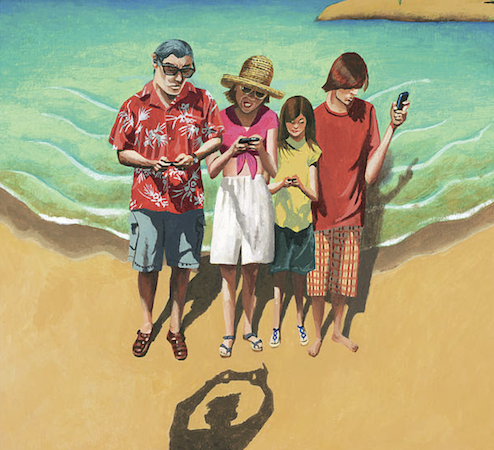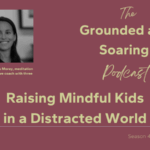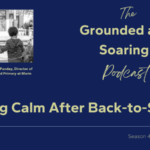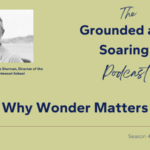What to Do When the School Doubts Set In
Most of us miss the first part of DeCartes’ most famous axiom. He actually said, “dubito, ergo cogito, ergo sum,” which translates, roughly, to “I doubt, therefore I think, I think therefore I am.”
Turns out that the first part is super important. To doubt is to ask questions that pressure-test assumptions and choices.


